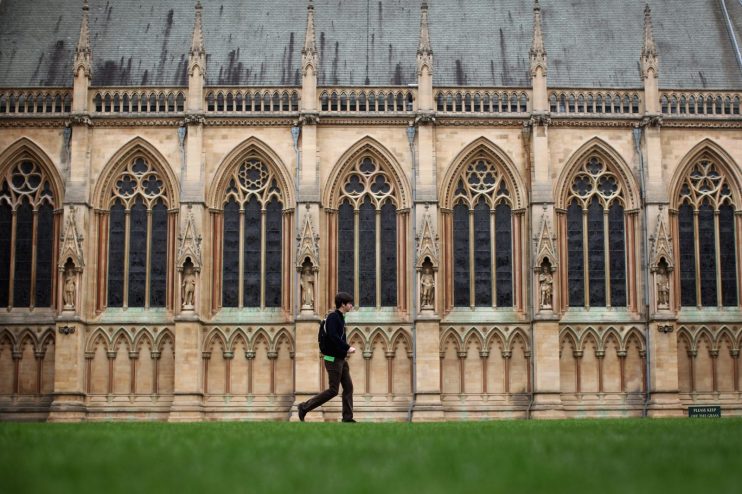UK consulting firms no longer filled with Russell Group uni grads, new research shows

British consulting firms are no longer dominated by Russell Group university graduates, according to new research from the Management Consultancies Association (MCA).
Instead, the proportion of graduates from Russell Group universities – a group of 24 of the UK’s “leading” research universities, including Oxford and Cambridge – working in consultancies has more than halved over the previous decade, down from 73 per cent in 2011 to just 35 per cent in 2022, according to data from the MCA.
The research signals consulting firms are ditching their reputation as training grounds for elite university graduates and expanding the reach of their recruitment efforts.
In August last year, accountancy giant PwC got rid of rules requiring all new recruits on its graduate scheme to have achieved a minimum 2:1 in their degrees.
EY quickly followed suit in scrapping its own academic requirements the same month, as the firm’s managing partner Maggie Stilwell said the firm’s own internal research showed no correlation between “previous success in higher education” and future success in professional qualifications.
Santander this month also decided to end its requirement that graduates have a 2:1 degree or higher, arguing the shift would open the doors to “over 64,000 more graduates”.
The change comes as consulting chiefs expect the sector’s boom to continue over the next year, forecasting the industry will grow by 13 per cent in 2023, the MCA survey shows.
The surge in demand for consulting comes as firms are increasingly seeking outside advice in their efforts to navigate the disruption facing the global economy.
MCA chief executive Tamzen Isacsson said soaring demand for consulting services “means firms are recruiting intensively” as she argued the findings show the sector is becoming “increasingly diverse”.